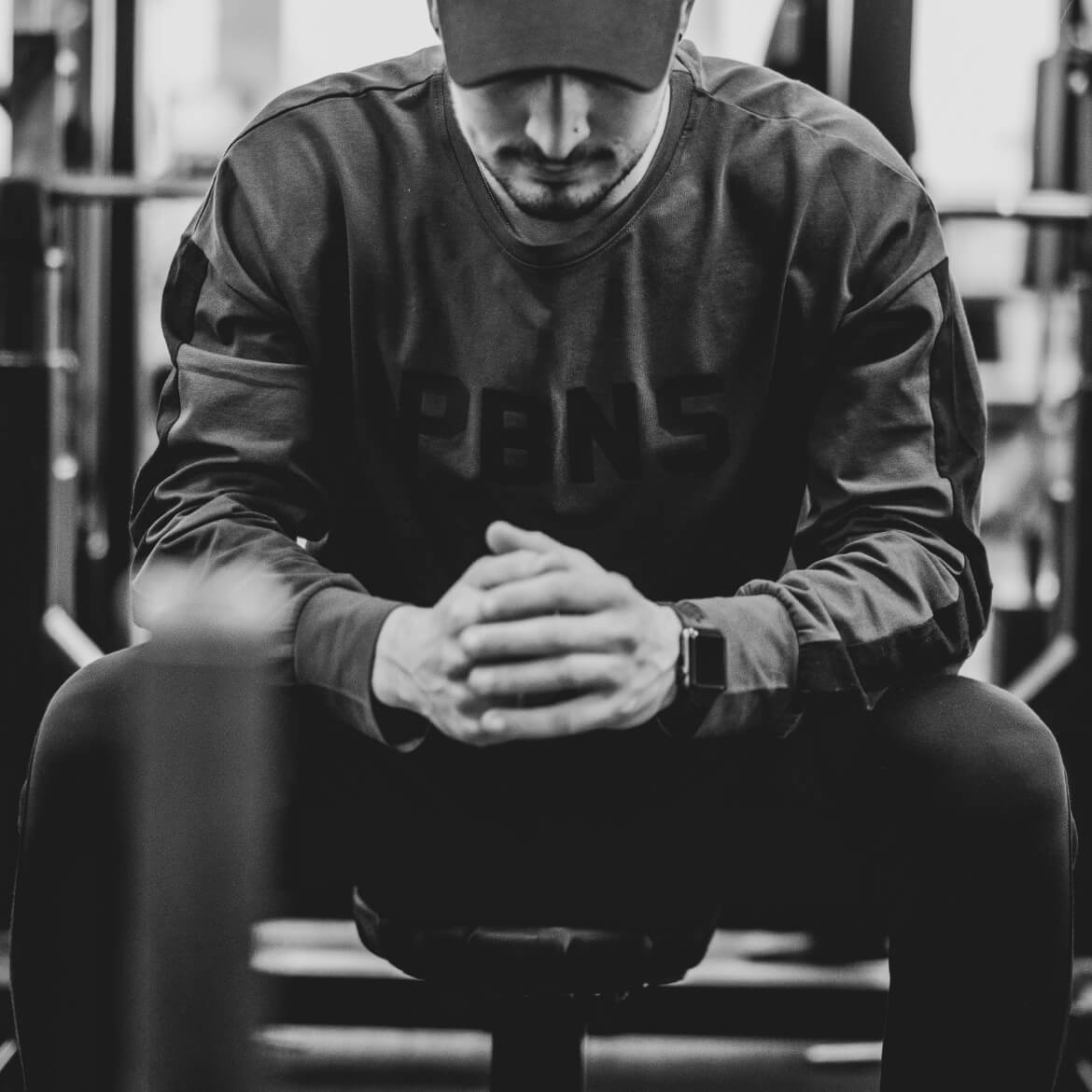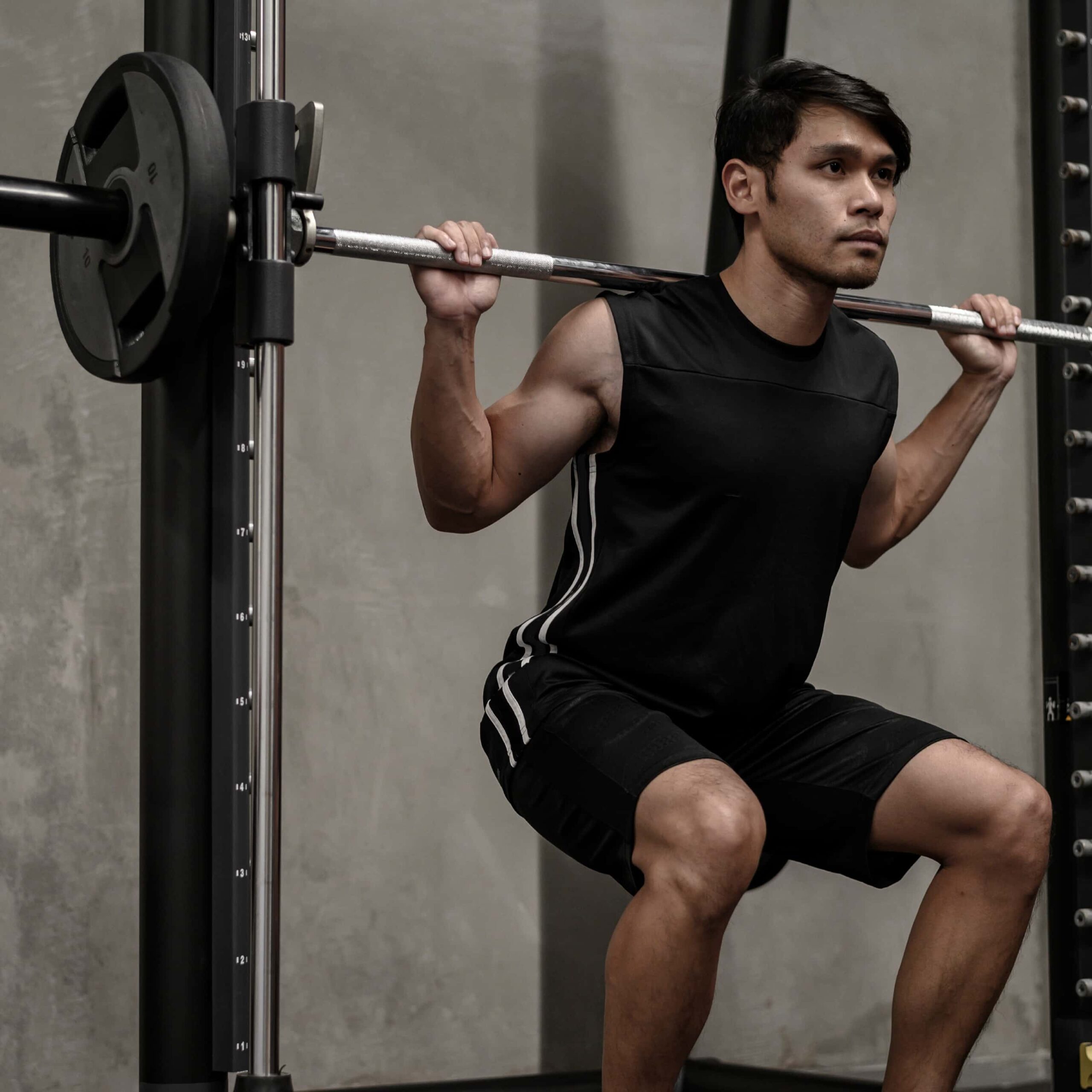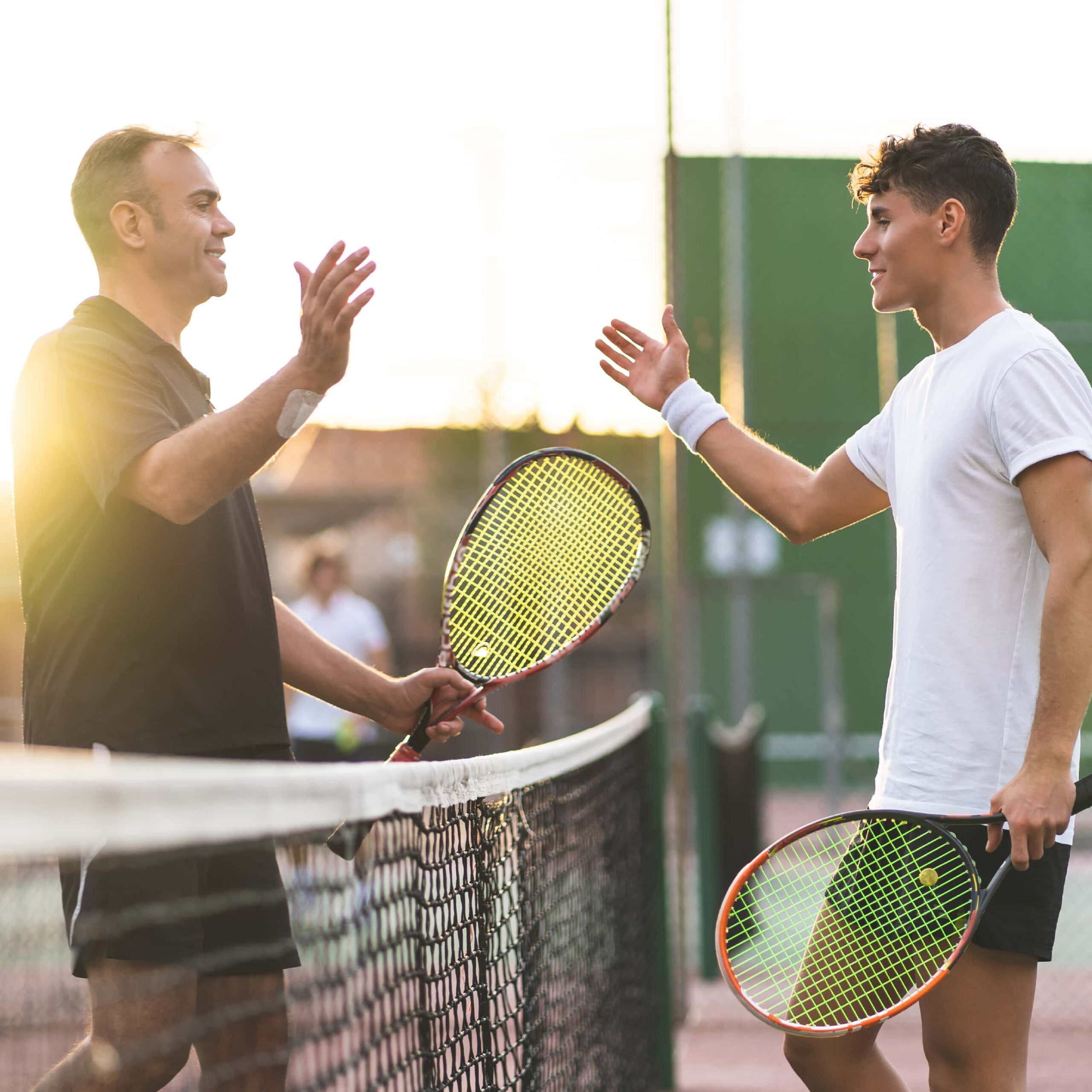Growing Your Own Foods At Home
22nd Mar 21

People talk a lot about growing your own fruits and vegetables from home. There are actually loads of benefits to doing this, from saving money to getting outdoors. It’s hard to know what you can and can’t grow, though, and if you don’t have a lot of outside space, how you can make it work for you.
Want to move fast? Jump to the right section below.
The Benefits of Growing From Home
Whether you have a big garden or a small windowsill, you can always grow something from home. Growing foods like vegetables, fruits and herbs are a great way to save money, as it means you have your own source instead of buying them from the supermarket.
It’s also a great way to get outside and get your hands dirty. You can even get kids involved and teach them valuable skills. You can grow from your garden or an allotment, and if you don’t have that kind of space, small plant pots on your windowsill or window box is an alternative option. To save even more money, you can recycle yoghurt pots or plastic cups instead of buying plant pots.
Growing your own from home also means you know exactly what your foods have been in contact with. Some farms use pesticides to keep insects away, but growing your own means you can decide if you want to use these kinds of things, and if you do, exactly what has been used.
Vegetables

If you are just starting out, it can be difficult to know what you need or where to start. Make sure to look around online or watch a few videos, but it will involve some trial and error until you get it right. Vegetables can be grown in small plant pots or window boxes to start off with, but may need moving over to bigger pots if they grow too big.
Some good vegetables to start with are carrots, radishes, peas and spring onions. These are also good vegetables that don’t always need a big pot to be grown in. Obviously, if you have garden space, dedicating an area to growing vegetables means you can grow bigger batches and grow some bigger vegetables like potatoes, lettuce and onions.
For ideas on what vegetables you can grow, check out the RHS website.
Fruits

Fruits might be slightly harder to grow if you have limited space, but one good place to start is with tomatoes. They are easy to care for and quick to grow, making them a good fruit for kids to start off with. It can be really rewarding for them to see something they have made grow.
Other fruits that are easy to grow are berries, such as strawberries, raspberries and blueberries. These might need a bit more space so could be a good choice for a garden or allotment, but there really is nothing better than fresh fruit from your own garden.
If you’ve got a lot of space, you could even try your hand at growing an apple tree. These require a bit more commitment as you have to wait for the tree itself to grow, but it can be a good thing to see develop over a long period of time.
For ideas on what fruits you can grow, check out the RHS website.
Herbs

Herbs are probably the easiest and best place to start. You don’t even need a garden for herbs; a windowsill will do. They are perfect for growing in your kitchen so that you can just cut a bit of whilst your cooking, and it saves you money as you have your own to hand instead of buying them.
Herbs like cress, oregano, parsley and basil are just some of the options you can go for. Just check which herbs you like the most, grab yourself a pot (or a tin/plastic cup you will be recycling) and some soil, and you’ll be growing herbs in no time.
For ideas on what herbs you can grow, check out the RHS website.
It really is easy to do. Seeds are available in most supermarkets and garden centres, and you’ll get much more for your money than you will be buying them ready to go. It will require some patience to get started, but it can be really beneficial in many ways other than just saving you money.

Before beginning any exercise or nutrition program, consult your physician, doctor or other professional. This is especially important for individuals over the age of 35 or persons with pre-existing health problems. Exercise.co.uk assumes no responsibility for personal injury or property damage sustained using our advice.
If you experience dizziness, nausea, chest pain, or any other abnormal symptoms, stop the workout at once and consult a physician or doctor immediately.









